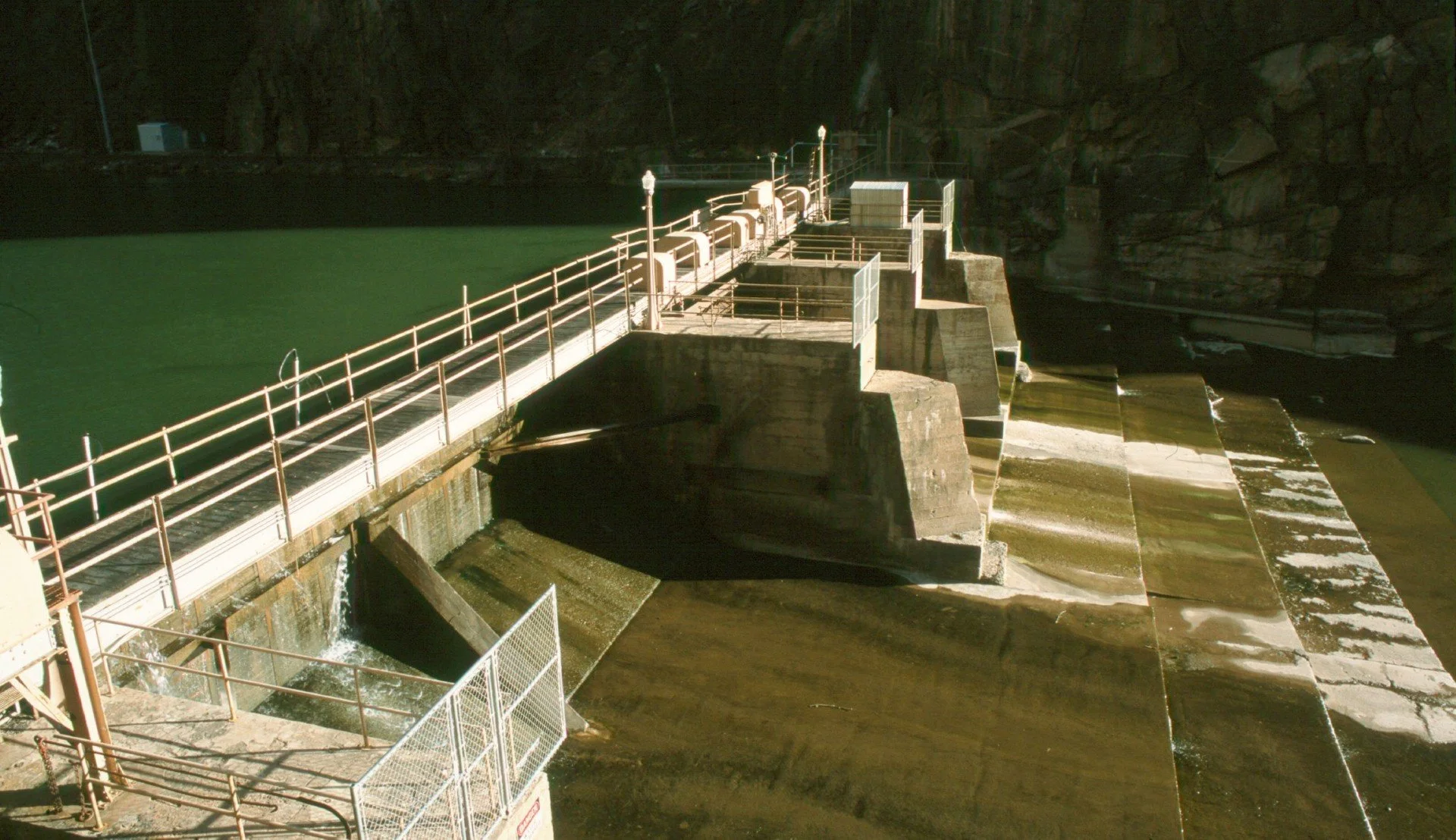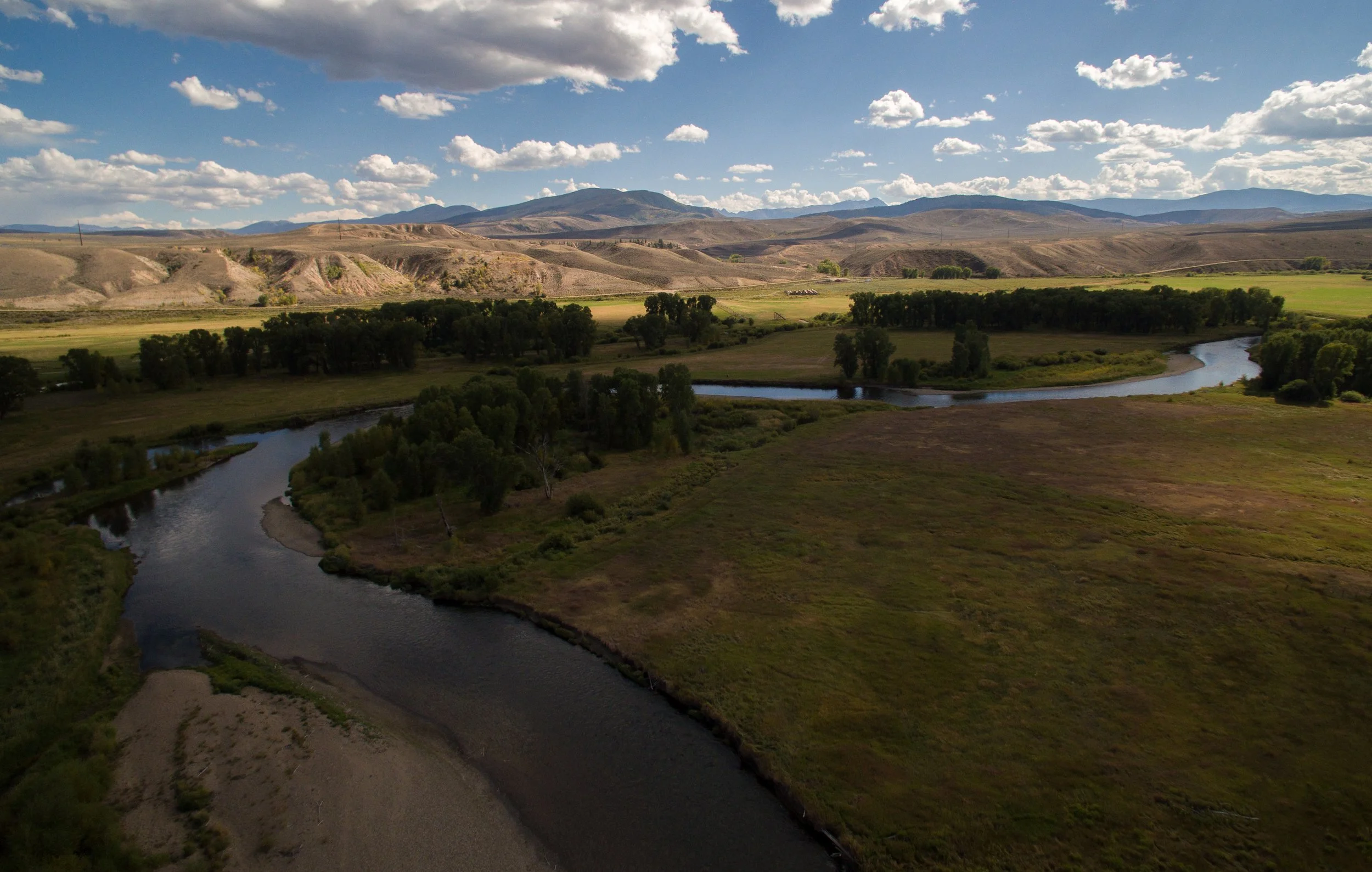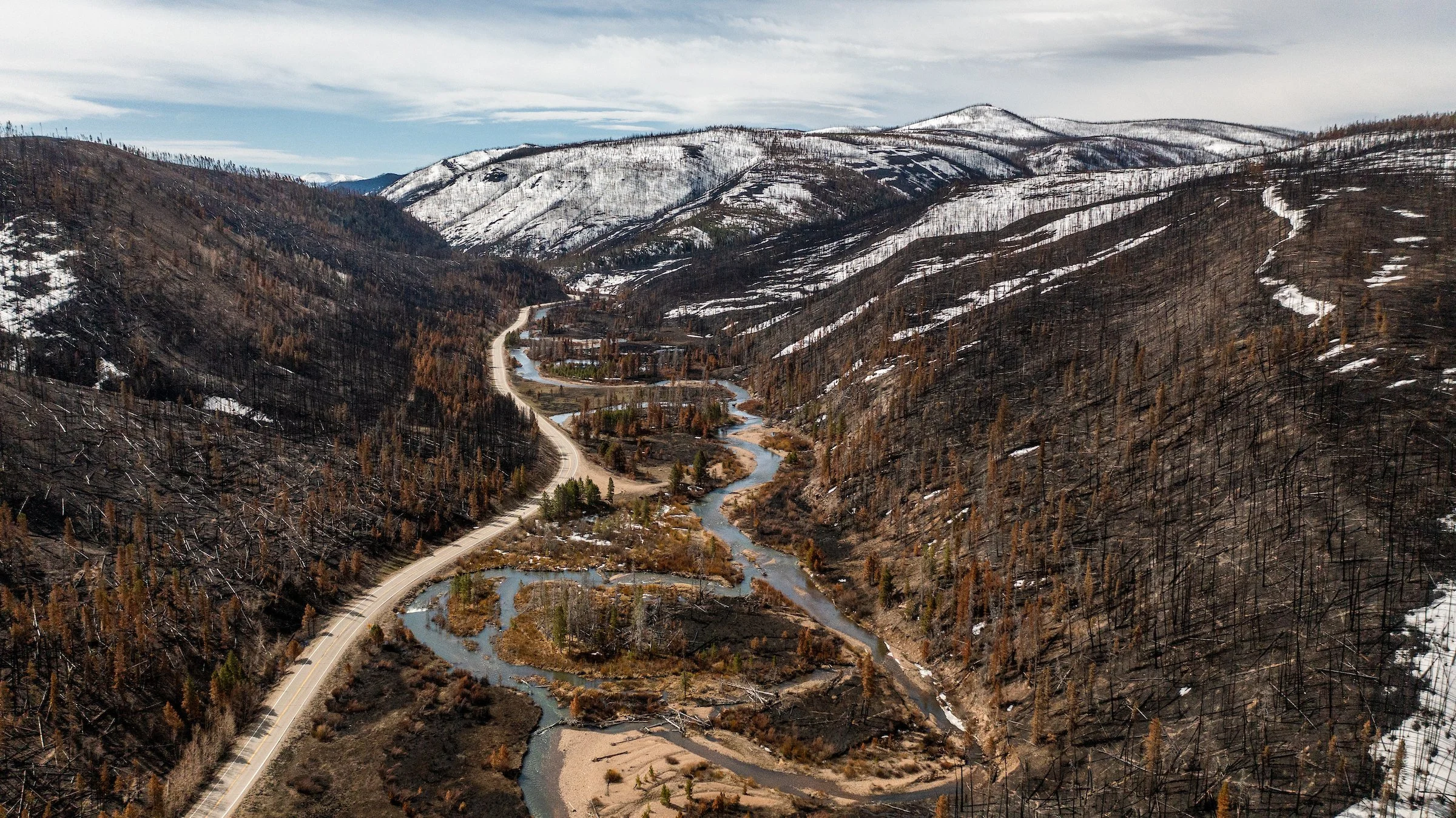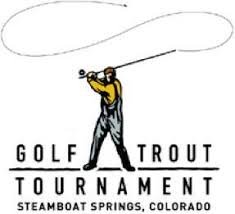On August 21, the Colorado Water Quality Control Commission unanimously approved the designation of approximately 385 miles across 15 rivers and streams in the Upper and Lower Colorado, Eagle, Yampa, and Roaring Fork River basins as Outstanding Waters. The decision came after many months of local effort by Colorado TU and conservation partners with other statewide and regional groups, working together as the Colorado River Basin Outstanding Waters Coalition. The new designations will help maintain high-quality conditions in important watersheds that provide habitat for wild and native trout, support Colorado’s outdoor recreation economy, and provide high-quality sources of drinking water for our communities.
An Outstanding Waters designation protects existing higher-quality waterways for the environment, wildlife, and people by safeguarding them from future degradation, including pollution from development, mining, oil and gas extraction, and other uses when they seek state permits. While statewide water quality standards set a floor below which polluters should not impair water quality, Outstanding Waters designations go further and can protect existing conditions in watersheds with water quality that is better than those minimum standards, rather than allowing them to be degraded down to the lowest common denominator. These protections do not affect existing uses in the watershed, which may continue if they do not degrade existing water quality.
Advocates worked extensively across the state to collect required baseline data on the candidate streams, and to gain broad support for the designation. This included conducting outreach to groups, including local, state, and federal government entities, water rights holders, water districts, water providers and interests, businesses, land managers, and landowners.
As part of the Outstanding Waters campaign, Colorado Trout Unlimited staff and volunteers with the Grand Valley Anglers chapter helped gather data on East Fork Parachute Creek – a stream on which TU has a long history of conservation engagement. The stream is home to a restored population of native trout atop the Roan Plateau. In past years, Colorado TU and Grand Valley Anglers volunteers have engaged in projects on the Roan, on both the East Fork Parachute Creek and in the nearby Trapper Creek watershed. TU efforts have included installing a fish barrier to assist with native trout recovery, conducting fencing and planting projects to improve riparian conditions, and advocating for responsible limitations on oil and gas development to prevent harm to the Roan’s outstanding fish and wildlife resources.
































